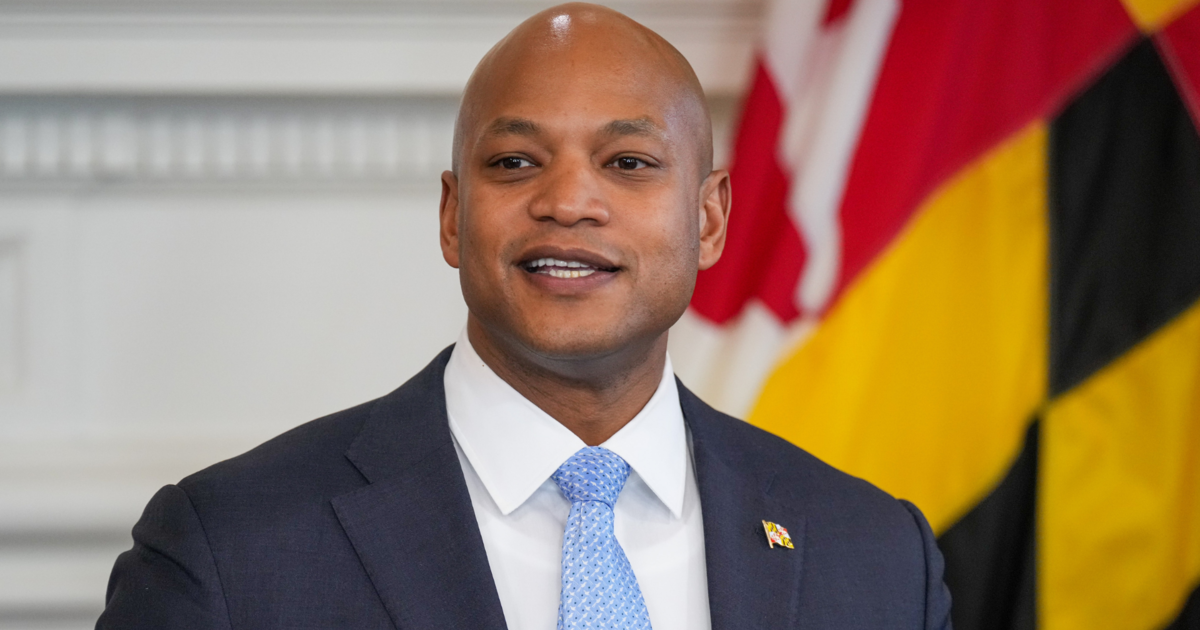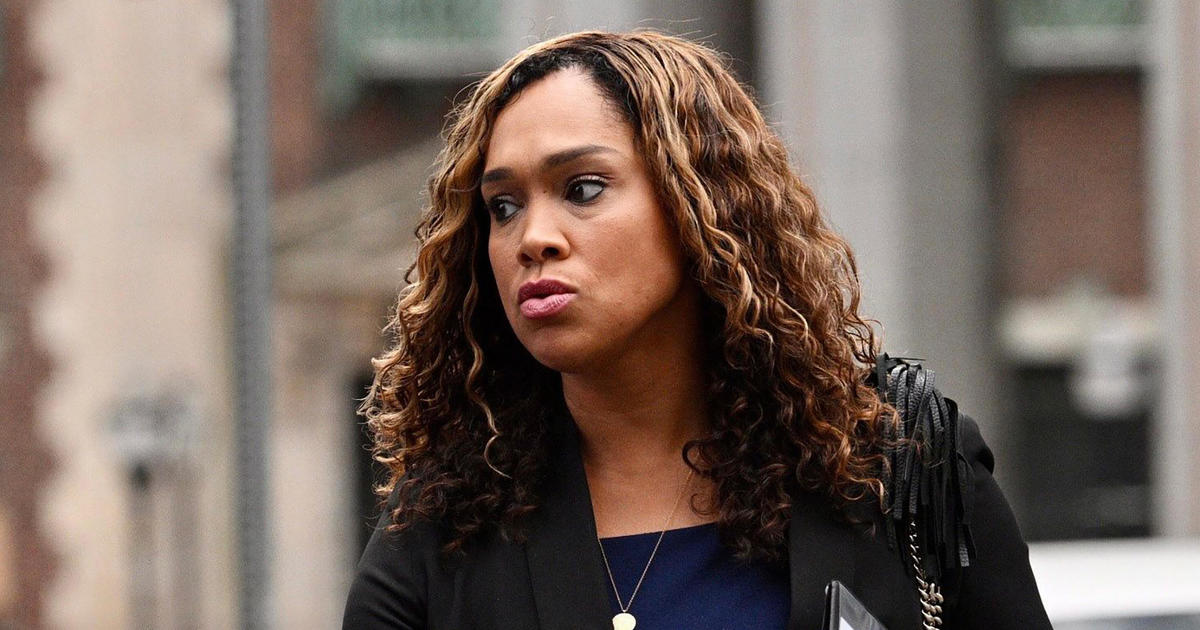Md. Chief Judge Gives State Of Judiciary Speech
ANNAPOLIS, Md. (AP) -- Maryland Chief Judge Mary Ellen Barbera on Wednesday highlighted the need to support innovative approaches to challenging matters before the courts, and she said the state is making progress in transitioning from a paper-based case management system to an electronic one.
Barbera, who gave a State of the Judiciary speech before a joint session of the Legislature for the first time in 10 years, said her position as chief judge not only gives her responsibilities to engage in legal matters before the state's highest court, but to also consider advances the state's legal system can make.
"My duties have positioned me to lead the judiciary into a new era," Barbera, who become the state's first female chief judge in July 2013.
Barbera said drug courts are an example of the state addressing challenges faced by repeat offenders. Drug courts in Maryland have grown from the state's first one in Baltimore in 1994 to 36 statewide.
"We are realizing the benefits by reducing costs associated with arrest, court, and imprisonment," Barbera said. "More important, we are helping families remain intact and, in time, heal."
Barbera also said Maryland is one of a handful of states to create a Business and Technology Case Management Program.
"This program provides timelier, more predictable, and reliable dispositions of cases," Barbera said. "That, in turn, helps the business community make more informed decisions."
The judge also updated lawmakers on the rollout of the new Maryland Electronic Courts System. The state's courts are a few months into what will ultimately be a statewide deployment of the system. She said the state's judiciary operates 11 different computer systems across the state. In some cases, she said, the systems are more than 25 years old, and it has become increasingly difficult to support them.
"MDEC will improve efficiency to be sure, yet not simply for its own sake, but rather to deliver better and more cost-effective service to the many individuals and businesses our courts serve every day, all of the people who access our courts every day," Barbera said. "I hope that during this session, and in the future, you will continue to help us realize our vision."
Barbera also noted efforts to help people who seek redress in the courts but can't afford a lawyer. She said the state's Access to Justice Department works to break down barriers that inhibit full access to the courts.
"Those barriers may relate to physical challenges to cultural differences, or the lack of affordable legal representation," Barbera said. "We have developed tools for the public to overcome those obstacles. This involves everything from say, self-help videos, to brochures, to the translation of forms or increasing the number of readily available interpreters."
(Copyright 2015 by The Associated Press. All Rights Reserved.)



